This article was medically reviewed by Shari Forschen, NP, MA and by wikiHow staff writer, Eric McClure. Shari Forschen is a Registered Nurse at Sanford Health in North Dakota. Shari has worked in healthcare since 1996 and her expertise lies in acute care bedside nursing on a medical oncology floor. She received her degree from Medcenter one College of Nursing in 2003 and her Family Nurse Practitioner Masters from the University of North Dakota in 2014. Shari is a member of the American Nurses Association.
There are 9 references cited in this article, which can be found at the bottom of the page.
This article has been viewed 181,455 times.
Plasma donation, also known as plasmapheresis, is a great way to help people in need while earning a couple of bucks. Plasma is a component in your blood that helps promote clotting, but it also carries other parts of your blood, including platelets. Plasma is in high demand because it’s a key ingredient in medical research and pharmaceuticals. If donating your plasma sounds like something you may be interested in, read on to learn everything you need to know about what to expect when you book an appointment to donate your plasma.
Things You Should Know
- Anyone can donate plasma so long as they’re an adult, they’re over 110 pounds (50 kg), and they’re healthy.
- You can typically earn $50-100 for each plasma donation, and you can donate once every 28 days.
- Donating plasma is relatively painless; most people compare it to a prolonged blood drawing.
Steps
References
- ↑ https://www.blood.co.uk/plasma/who-can-donate-plasma/
- ↑ https://www.blood.ca/en/blood/donating-blood/donation-process
- ↑ https://www.blood.co.uk/the-donation-process/after-your-donation/how-your-body-replaces-blood/
- ↑ http://www.donatingplasma.org/who
- ↑ https://www.mayoclinic.org/tests-procedures/blood-donation/about/pac-20385144
- ↑ https://www.ncbi.nlm.nih.gov/books/NBK138219/
- ↑ https://www.ncbi.nlm.nih.gov/books/NBK138219/
- ↑ http://www.donatingplasma.org/how
- ↑ https://www.mayoclinic.org/tests-procedures/blood-donation/about/pac-20385144
- ↑ https://www.mayoclinic.org/tests-procedures/blood-donation/about/pac-20385144
- ↑ https://money.com/donate-plasma-for-money/
- ↑ https://money.com/donate-plasma-for-money/
- ↑ https://www.blood.co.uk/the-donation-process/after-your-donation/how-your-body-replaces-blood/
- ↑ https://stanfordbloodcenter.org/pulse-volunteer-donations/
About This Article
If you’re at least 18 years old and you want to donate plasma, visit a plasma collection center in your area. Bring your current photo ID, social security card, and proof of your address, such as a bill that’s in your name. Also, the process will take about 2 hours, so bring music or something to read. When you get to the center, you’ll be asked to undergo a medical exam and answer questions about your medical history. If they approve you to donate, try to relax as they insert the needle to obtain your plasma. Keep reading for tips from our Medical co-author on how to take care of yourself after you donate plasma!



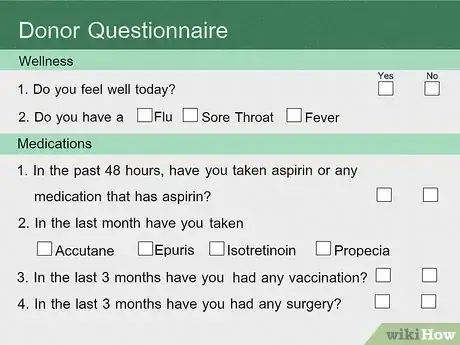
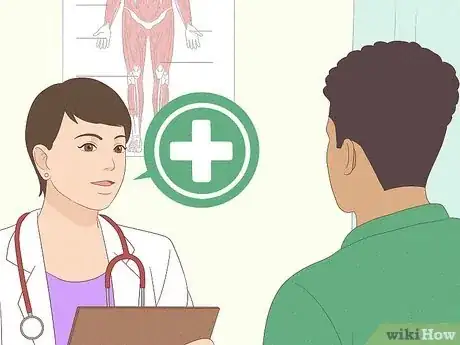
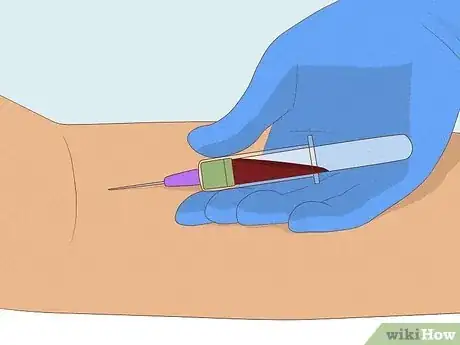
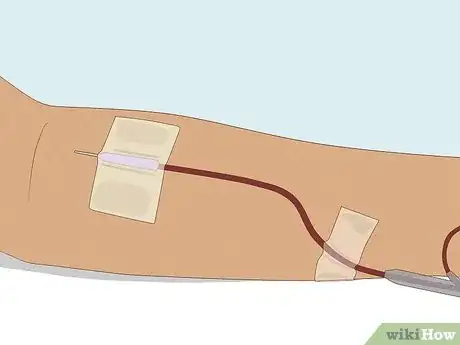
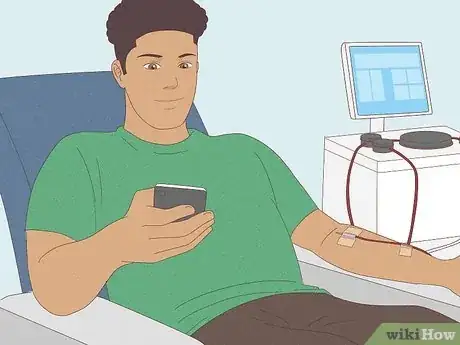

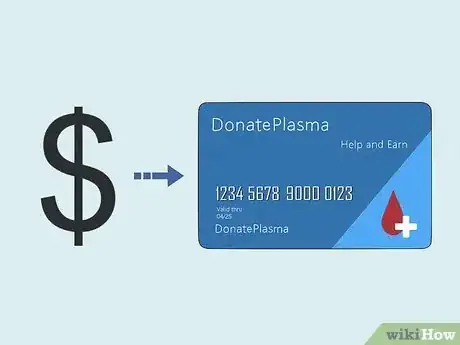
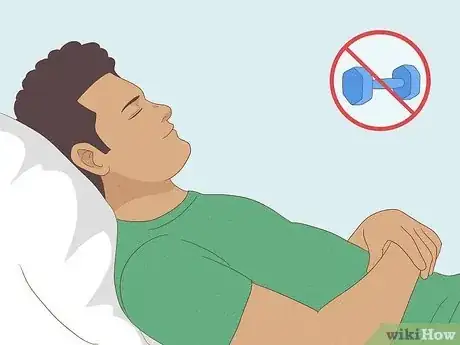












-Step-14-Version-2.webp)
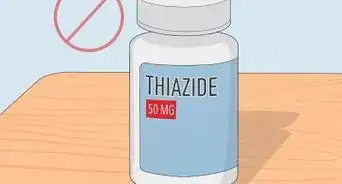
















































Medical Disclaimer
The content of this article is not intended to be a substitute for professional medical advice, examination, diagnosis, or treatment. You should always contact your doctor or other qualified healthcare professional before starting, changing, or stopping any kind of health treatment.
Read More...